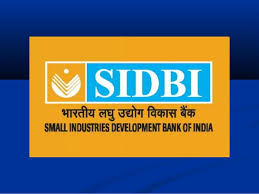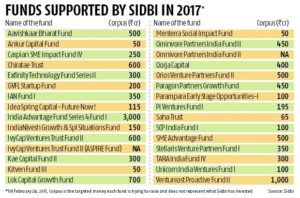
Non-banking finance companies could well outpace commercial banks, struggling to grow amid muted loan expansion and bad loan burden, said global rating company Moody’s.
But, NBFCs too are exposed to certain risks emanating from their fast-faced growth in loan against properties, which they are in a position to mitigate with larger share in mortgaged loans.
Non-bank financial companies (NBFCs) in India (Baa3 positive) will demonstrate broadly stable asset quality, but delinquencies will likely rise over the next 1-2 quarters, as demonetisation adversely affects collections across asset classes, said Moody’s Investors Service in a note.
“While the 90+days delinquency rate in the commercial vehicle (CV) loan segment largely stabilized in the first half of the fiscal year ending 31 March 2017, such delinquencies should build up in the near term due to the adverse impact of demonetisation and tighter recognition norms for non-performing assets (NPAs),” said Alka Anbarasu, a Moody’s Vice President and Senior Analyst.
Moody’s also notes that the growth in loans against property (LAP) has outpaced overall retail credit growth in recent years, but relatively loose underwriting practices–combined with intensifying competition – will translate into higher asset quality risk for this segment.
Furthermore, over the past 3 years, NBFCs have gained some market share in the origination of retail lending, on the back of the faster growth exhibited by such entities when compared to the banks.
This is particularly the case when compared to public sector banks, which face significant challenges on their asset quality and overall solvency profiles.
“Nevertheless, we expect that competitive pressures from the banking sector will remain intense as banks are increasing targeting of the retail segment to offset weakness in their corporate lending. In addition, retail lending, particularly housing loans, is more capital efficient for the banks,” said Anbarasu.
And, while the NBFCs’ capitalization levels are adequate, with average Tier 1 ratios in excess of 14%, capital generation will lag credit growth. Access to external capital will therefore be key in sustaining the NBFCs’ growth momentum.
On funding, Moody’s expects that the NBFCs’ funding profiles will broadly remain stable, and funding costs should moderate gradually, given the reduction in systemic rates.
In addition, the NBFCs’ profitability and capital, as well as funding and liquidity levels, will stay broadly stable.
The NBFCs are growing at a fast pace, and have gained market share in the origination of retail credit. And, their share of LAP pose a potential source of risk, with such loans growing at a rapid compound annual growth rate of about 25% over the last four years compared to 17% for overall retail credit.
Moody’s says that the NBFCs’ exposure to potential risks from LAP is broadly offset by their share of stable mortgage loans, because favorable demographics and economics, tax incentives for home loans and an increasingly affordable housing segment support asset quality.
Moody’s expects that the loss given default for both home loans and LAP will be limited, in light of the underlying collateral.
Source: http://economictimes.indiatimes.com/articleshow/57749011.cms






